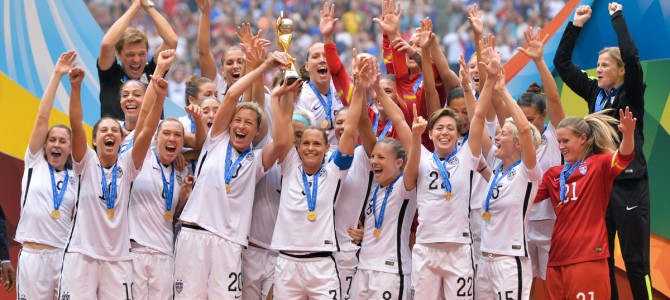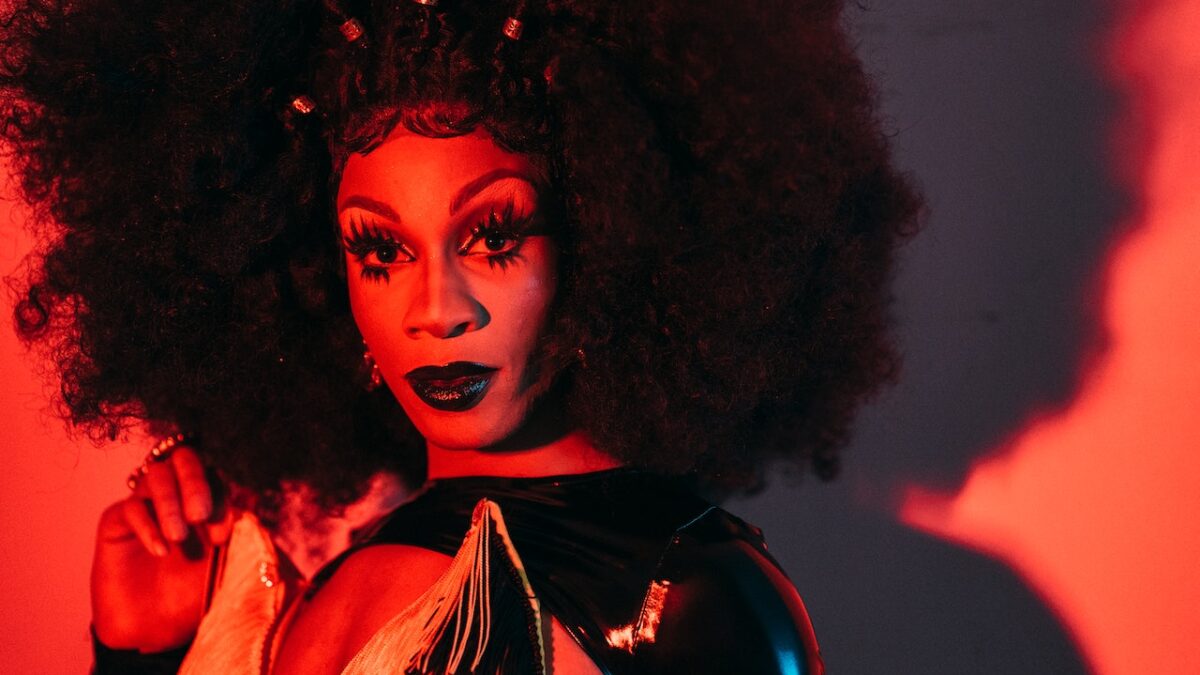When the U.S. women’s soccer team was on its path to victory in the World Cup, feminists and progressives were quick to credit federal regulations — specifically, Title IX.
NBC had a piece headlined, “A Level Playing Field: Why the USA Is So Strong in Women’s Soccer,” which said:
Experts say the U.S. wouldn’t be the powerhouse it is today without Title IX — the law that prohibits discrimination on the basis of sex in federally funded education programs and activities.
U.S. Senator Patty Murray (D-Wash.) referenced Title IX in her tweet about Women’s World Cup.
Washington Post columnist Catherine Rampell gave complete credit for the women’s victory not to the women themselves but to political legislation:
Good job, Title IX. #USAvsJPN
Catherine Rampell (@crampell) July 6, 2015
This was my favorite version of the sentiment:
Really, this is Richard Nixon's victory. #TitleIX
Jamelle Bouie (@jbouie) July 6, 2015
Since we’re politicizing more or less everything these days (Good job, Nixon and other progressives!), let’s talk about the elephant in the room. The white elephant, as it happens.
If it’s true that the reason why USA women won the World Cup is because the US passed Title IX legislation 43 years ago, is Title IX the reason why the team is lily white?
The New York Daily News‘ Filip Bondy noticed it:
The U.S. women’s soccer team defeated Colombia on Monday night, 2-0, advancing to the quarterfinals of the World Cup, which was nice. But there was also something out there in the Edmonton stadium that was both striking and disturbing. Christen Press’ 15-minute stint as a mop-up reserve forward was the only appearance in the entire match by any African-American, Hispanic-American or Asian-American player.
The U.S. featured no women of color for the first 75 minutes; no person of color on the coaching staff, throughout the game.
Good job, Title IX, indeed! And thank you, Richard Nixon, for helping privileged suburban white girls make it to the top of the global heap. What would we ever do without onerous expensive federal regulations to equalize playing fields (for upper middle class white girls)?
The New York Times was on this problem three years ago:
According to a 2007 report by the United States Department of Education, among high school sophomores, white girls had a 51 percent participation rate in sports, compared with 40 percent for black girls. The percentages were lower for Asian/Pacific Islanders (34 percent) and Hispanics (32 percent).
The lack of access to sports at youth levels becomes manifest at the intercollegiate level, where African-American women are underrepresented in all but two sports: Division I basketball, where black women represent 50.6 percent of athletes, and indoor and outdoor track and field, where they represent 28.2 and 27.5 percent. They are all but missing in lacrosse (2.2 percent), swimming (2.0), soccer (5.3) and softball (8.2). They are an underrepresented rising presence in volleyball (11.6).
An unexpected consequence of Title IX is that since the legislation was passed in 1972, the percentage of female head coaches has decreased and the percentage of men coaching women’s teams has increased, especially in basketball and soccer. According to studies by Linda Jean Carpenter and R. Vivian Acosta, the percentage of women coaching women’s teams at the intercollegiate level fell to 44 percent in 2010 from 90 percent in 1972. But even here, African-American women have lost ground.
Good job, Title IX?
I mean, I’m not sure it’s helpful or proper to take credit from these women who crushed Japan and place it instead on the federal government and the ever-growing administrative state that controls all. But if we’re going to politicize everything, could we at least be more thoughtful about it?
It’s still great that our women’s team is the best in the world (USA! USA! USA!) but it may not be the point of progressive pride that journalists wish were so.









